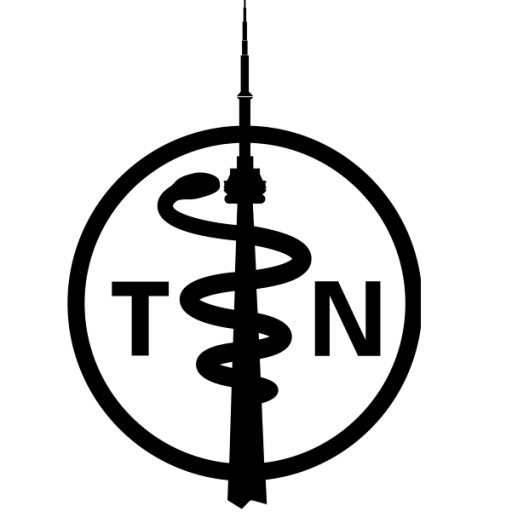OSCE Cases
- General OSCE Tips
- Head & Neck OSCE Stations
- Respirology OSCE Stations
- Cardiovascular OSCE Stations
- Gastroenterology OSCE Stations
- Peripheral Vascular OSCE Stations
- Neurology OSCE Stations
- Musculoskeletal OSCE Stations
- Psychiatry OSCE Stations
- Urology OSCE Stations
- Geriatrics OSCE Stations
- Women’s Health OSCE Stations
- Pediatrics OSCE Stations
OSCE General Tips
General OSCE Tips
History Tips
The following are essential for a complete history:
- All the features of the chief complaint (onset, duration, alleviating and aggravating factors, frequency, etc.)
- Past medical history
- Smoking/Alcohol use, as well as illicit drug use
- Allergies
- Current medications, including over the counter medications, herbs, and supplements
- Family history relevant to the presenting complaint
- How the present complaint is affecting the patient’s life
- What the patient thinks is accounting for their symptoms
Physical Examination Tips
The student should always do the following during the exam:
- Introduce the physical examination and ask the patient for permission to examine them
- Always wash hands or use alcohol solution before examining the patient
- Position the patient appropriately
- Drape the patient appropriately, especially when sensitive parts of the body are being examined
- Comment, out loud, about what you are examining for
- Comment to the examiner about your findings
- For exams that require examination of both sides of the body, complete the exam on one side and ask the examiner if he/she would like the student to examine the opposite side
